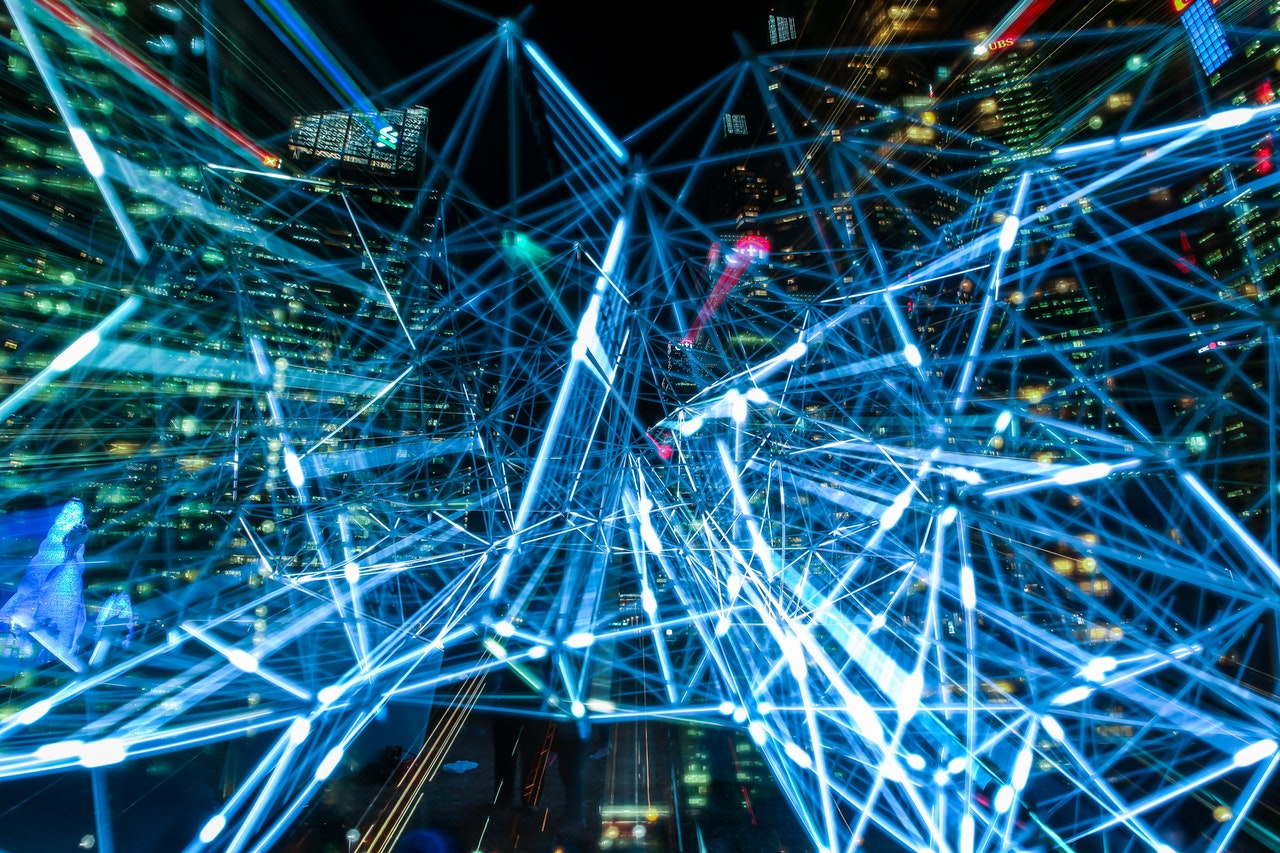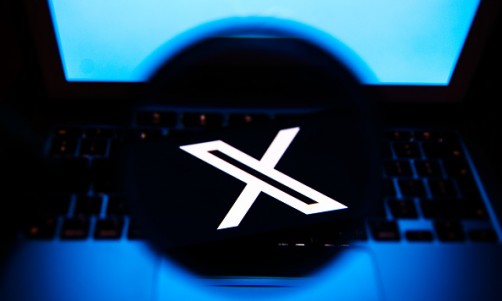A decade back or so, one would consider AI (Artificial Intelligence) as part of some science fiction film or fantasy world. Today, it's not imagination at all, and has become an intrinsic part of our day-to-day lives.
Artificial intelligence radically brings in beneficial change across various industries such as entertainment, media, sports, and many more that include video as their primary content. In the entertainment industry, gaming, for example, has seen a revolution in gameplay visualization. Many see this segment as the face of technology advancement.
Whether a video maker or a game developer, they all see AI as an incredibly versatile tool. This machine language has successfully learned the skills of human beings and performs practical tasks like them. They behave similarly to humans who possess decision-making power without any external inputs. AI can also make spontaneous decisions depending on situations without human inputs.
If there is one thing responsible for metamorphosing the video content while elevating the viewing experience to the next level, it is Artificial Intelligence.
The Big Difference that AI Brings to the Table
The last ten years saw incredible enhancements and developments with the infusion of AI across various industrial sectors. The global market size of artificial intelligence was $27.23 billion in 2019. It is forecasted to grow to $266.92 billion by 2027. This boom is attributed to the integration of AI into the video industry. The newest video production and broadcasting are already seeing the effects of machine language, deep learning, and natural language processing.
Today content is the king. With online consumption of video content cornering the market share, quality content creation is time-consuming and expensive to produce. As the cost is a factor, creating and developing content that attracts the audience's attention is crucial. The crowded digital platform makes it extremely difficult for video content to get noticed, no matter how compelling it is. Here the AI supplements the video pool to ensure every audience type is well-catered across different platforms.
Transforming Video Content Features
AI can optimize video content by recognizing viewer's interests and aligning individual content, playbacks, advertisements accordingly. Visual recognition, translation, deep video analysis, transcription, multilingualism, tagging, and format adaption have transformed video content.
The more AI is evolving; it is helping video creators to have a nuanced understanding of the critical elements that go into the making of content. Now, it is much easier to find the right content backed by data.
Reaching Out to a Broader Range of Audiences
With multiple languages spoken globally, it is significant to ensure communication solutions that can adapt and meet the needs of a globalized society. Translation tools like Google Translate or Deepl allow content to be viewed and understood in various languages. Thus, the use of these tools allows the output to be effective. Trends in the software industry have shown the use of AI in making products that can offer a simple video in multiple languages.
AI - the future of video production
People on average watch eight hours of video content online in a week. The growth in video consumption is growing at 16% annually. Video content has also seen 48% more viewership on social media platforms than any other platform. The data vividly showcases the pattern of the audience's consumption behavior. It is where Artificial Intelligence stands out. How? AI is prompt to recognize changes and moves toward building innovative and efficient solutions that keep the audience engaged in this age of content explosion.
Web stories, highlights, teasers are all AI creations. Hence, they have helped video creators to explore different channels and increase engagement. Technological advancement has also streamlined the post-production process. Earlier, adding graphics, logos, video overlays consumed more time as it required manual efforts. AI has ensured that faster turnaround means creating more engaging content for viewers and marketing at great speed.
Businesses use AI to make new video content quicker, focusing on other aspects of content creation, such as quality. The elimination of manual analysis of videos means a trailer, for example, can be made in 24 hours, whereas earlier, it took more than 10 days earlier.
How AI is Helping Brands in Video Marketing
Brands are now making video marketing content backed by data and relevant to consumers. The contents are more personalized now. Though not many brands are using it, it is evident that tailored video content has a higher level of engagement. AI customization will mean less generic marketing across digital channels. The audience tends to attach an emotional response to the hyper-personalization of video content as the video appears to be speaking to the viewers directly.
Brands are using SEO tools to understand how AI tools and algorithms work. The AI data analytics provide consumer browsing habits and critical data that helps one to tweak their video marketing strategies.
The Future of Video Marketing
Smaller enterprises are hesitant to go all out in video marketing unless they are confident in the ROI. Instead of spending a substantial amount on an extensive video campaign, they prefer to test the waters by rolling out sample content. The opportunity to test comes to aid by AI analytics that provides clear insights on the performance metrics. Hence, that helps a business to plan and execute what works for them.
Business is now moving towards video marketing as consumers' appetite for online video content is increasing. Surveys show that 73% of viewers purchase after watching the video explaining the product or service. Video content brings products and brands to life in a way that text simply can't. Thanks to AI, conversion statistics will help businesses to see the effectiveness of video content, and influence them to increase their investment in video marketing advertising in the future.
The impact of AI on video marketing explicitly reflects the statistics that show 74% of B2C and 92% of B2B marketers who have taken the video marketing route. AI will continue to be an essential tool and help brands develop relevant content for their target audience.
In Conclusion
Artificial intelligence has now become technological support for video creations. The growing popularity of video services means that artificial intelligence will enhance the engagement levels with the audience, read their minds, know their preferences, and suggest content that achieves its business goals.














